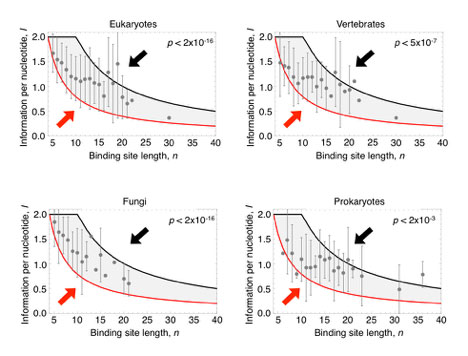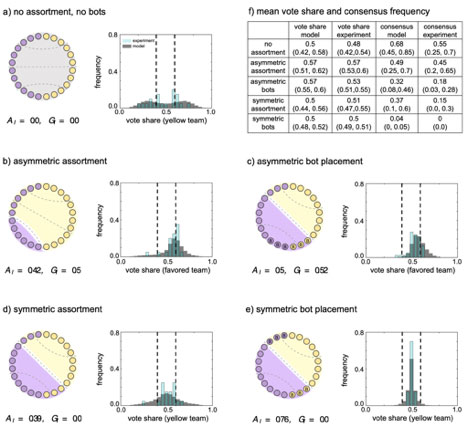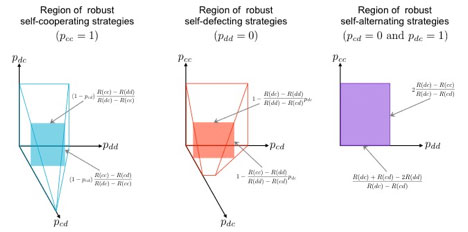Faculty Profile
 Alexander Stewart
Alexander Stewart
Assistant Professor
Department of Biology and Biochemistry
Office: Science & Research 2, 258
Contact: astewar6@central.uh.edu - 713-743-7076
Education: Ph.D., University College London
Google Scholar Profile
Website
Dr. Alexander Stewarts uses mathematics and computation to study questions in evolutionary biology. His main current interests are:
- Evolutionary dynamics of biological structures such as gene regulatory networks, chromosome length and protein stability
- Collective decision making in humans, in particular how this is shaped by information flow and forces of social and cultural evolution
- Game theory of how repeated interactions can help resolve social dilemmas and promote prosocial, cooperative behavior
Evolutionary dynamics of transcription factor binding sites (Stewart et.al, Genetics, 2012). Binding sites are shaped by competing evolutionary forces: the need to be specific enough to bind the correct proteins reliably and the need to be evolvable enough to respond to selection. These forces alone are enough to predict the length and information content of binding sites across all life. Data points show known binding sites, grey regions show evolutionary stable sites.

Information flow controls how humans make decisions (Stewart et. al in preparation). Data and predictions for humans playing a voter game in which they must reconcile the desire for their team to get the most votes with the desire to reach a broad consensus. Even when both teams have equal numbers and equal influence on one another, the network of who listens to who has a profound, and predictable, effect of the outcome of the voter game. In particular, information or influence networks can be organized to favor one team (b) and this effect can be replicated by strategic use of propaganda bots even when influence networks are fair.

Only three kinds of behavior are evolutionary stable in the iterated Prisoner’s Dilemma (Stewart & Plotkin, 2014). In the iterated Prisoner’s Dilemma an infinite number of strategies are possible, but only three types of qualitatively different behavior can be stable: Cooperate, defect or alternate between the two. Exactly how long each remains stable depends on the payoffs of the game and the way strategies evolve, but in all cases, “stable” behaviors are eventually eroded and replaced by something else. All social norms collapse.
